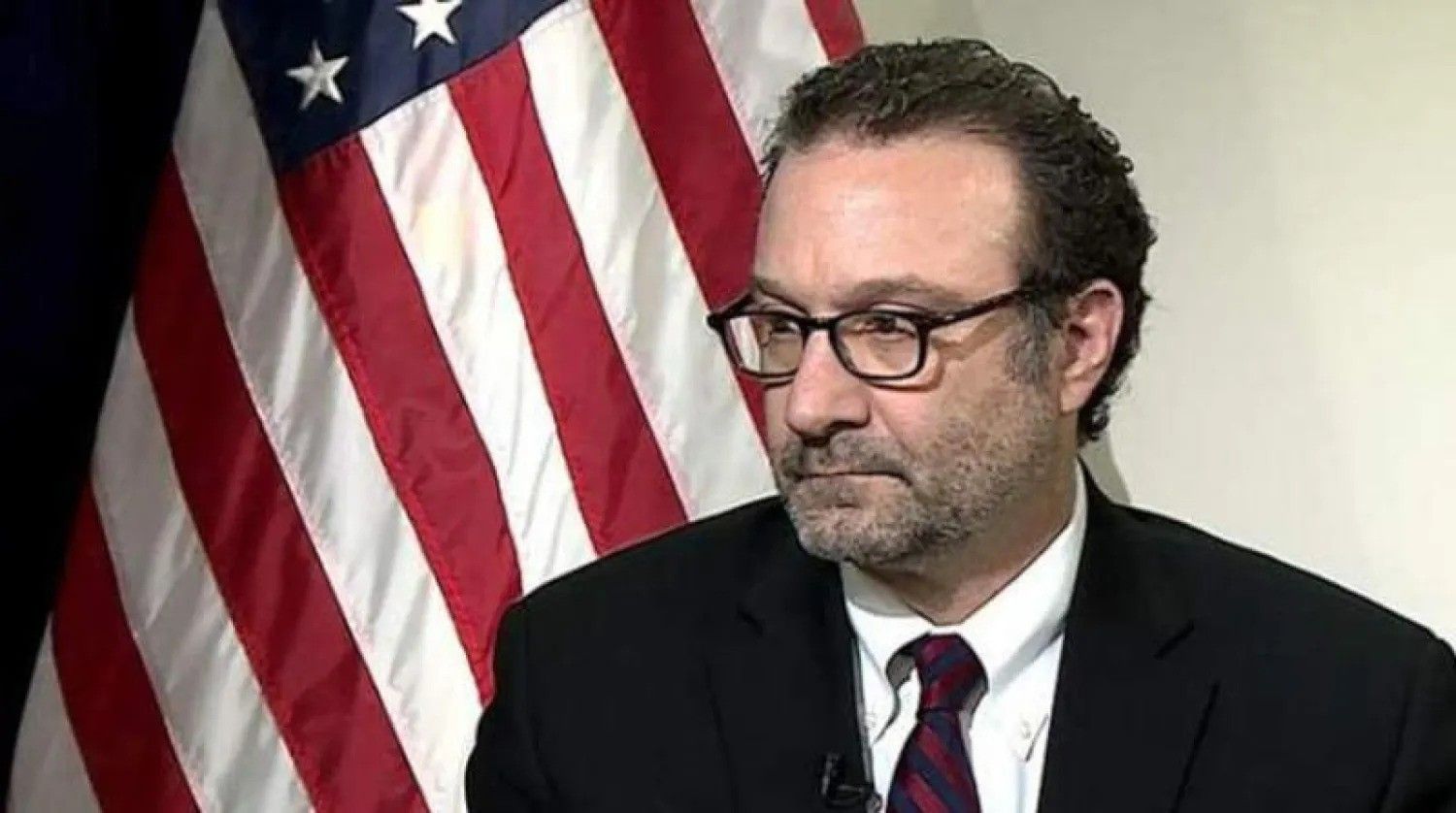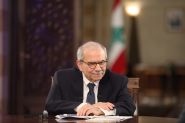
Former US Assistant Secretary of State for Middle East Affairs David Schenker stated that “Lebanon must continue its efforts to disarm Hezbollah.” He also said, “Peace is essential, but it will only last if other measures are taken beforehand.”
Speaking on MTV's Sar el-Waet program, which aired on Thursday night, Schenker noted that the United States was “surprised” by the “efficiency of the Lebanese security forces” while stressing that “further efforts are needed.” He also stressed the need for the Lebanese government “to alert Morgan Ortagus, US Deputy Special Envoy to the Middle East, of the indispensability of financial support from Saudi Arabia and Qatar to finance the salaries of the security forces, so that they can fully accomplish their mission.”
The American diplomat further emphasized the importance of the effective implementation of Resolution 1559, calling for it to be applied nationwide and not just south of the Litani River. “The ceasefire, although in force despite the crisis, is only a first step” towards peace, he added.
UN Security Council Resolution 1559, adopted in 2004, calls for the withdrawal of Syrian troops from Lebanon, the disarmament of all militias, including Hezbollah, and the consolidation of the authority of the Lebanese state throughout its entire territory.
Schenker also stressed the need for Lebanon and Israel to demarcate their borders with Syria, to put an end to the Shebaa Farms issue, and then consider normalization. “A confrontation over the implementation of this agreement is inevitable, but it is also an opportunity for Lebanon to reclaim its destiny and build itself as a sovereign state, rather than remain under the influence of an Iranian militia,” he continued.
In conclusion, Schenker underlined the existence of significant differences between the United States and France regarding the management of the situation in Lebanon, particularly in reference to French attempts to impose an economic rescue plan without genuine structural reforms. For Schenker, Lebanon must choose the path of reform and sovereignty, rather than allowing itself to be locked into strategic alliances that weaken it.



Comments